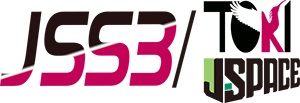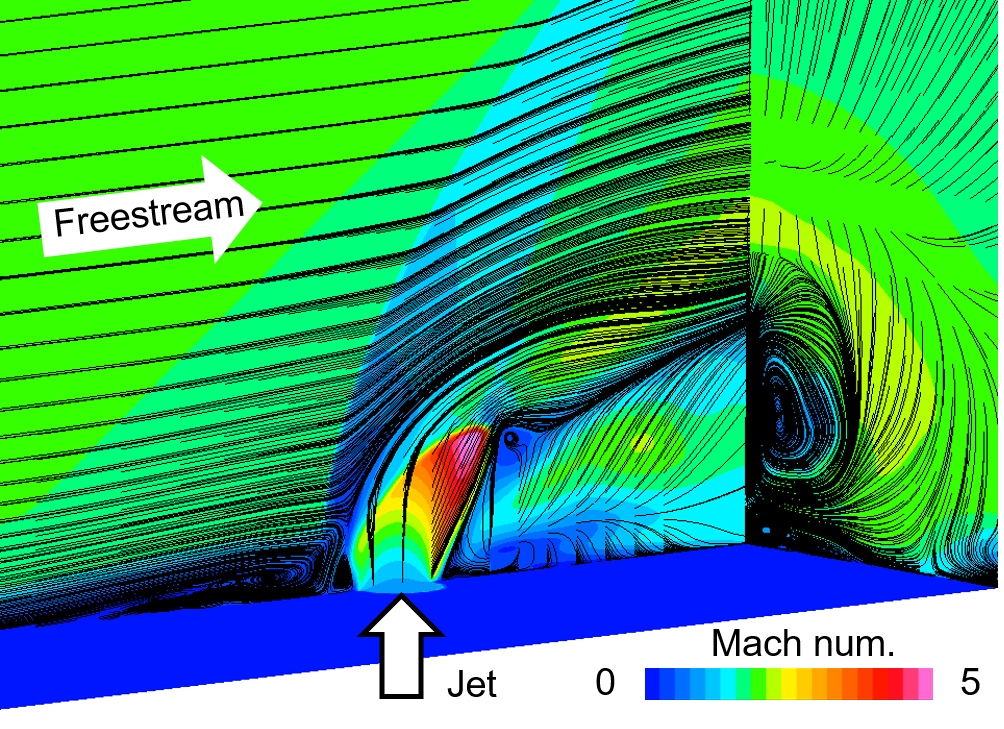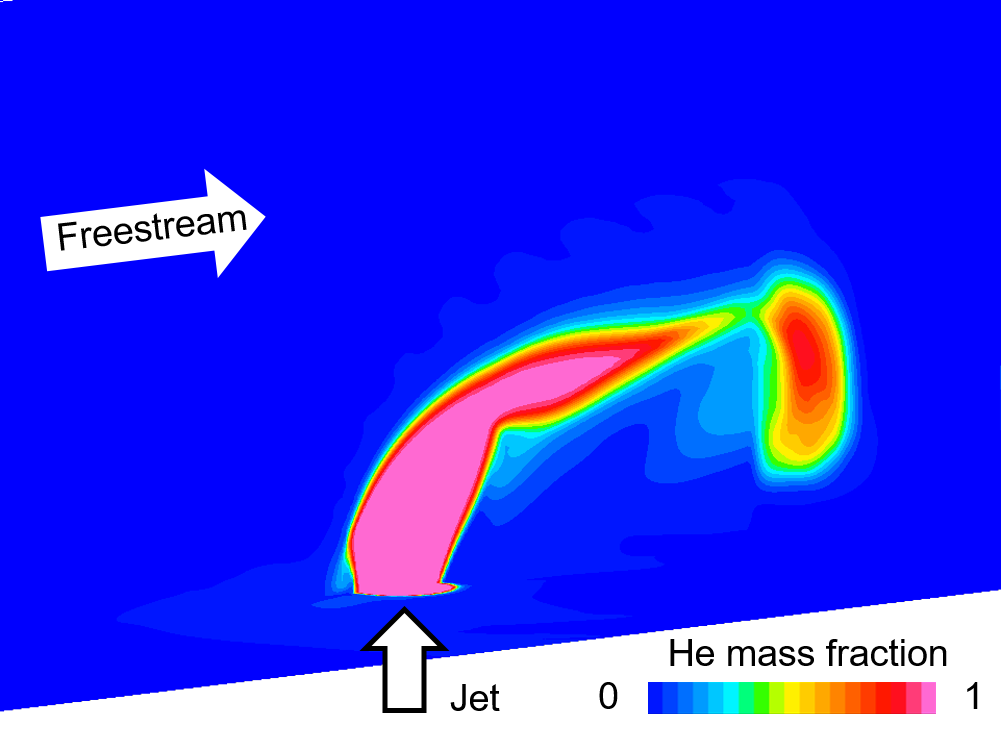Numerical Study on Combustible Flow in Supersonic Flight Engines and Rocket Engines
JAXA Supercomputer System Annual Report April 2019-March 2020
Report Number: R19EACA01
Subject Category: JSS2 Inter-University Research
- Responsible Representative: Nobuyuki Tsuboi, Professor, Department of Mechanical and Control Engineering, Kyushu Institute of Technology
- Contact Information: Nobuyuki Tsuboi(tsuboi@mech.kyutech.ac.jp)
- Members: Nobuyuki Tsuboi, Kouhei Ozawa, Takahide Araki, Toshihiro Iwasa, Nicolas H. Jourdaine, Shota Goto, Kodai Shimomura, Takuro Yoshino, Tomohiro Watanabe, Taishi Amano, Kanta Iwasaki, Nobuhiro Kurita, Naomi Takeshima, Darshan Manjunath
Abstract
Fundamental studies on nozzles and combustors for Japanese rocket engines and supersonic engines are performed by using numerical simulations.
Reference URL
Please refer to '反応流体力学研究室/研究テーマ'.
Reasons and benefits of using JAXA Supercomputer System
Academic and applicative researches on fluid dynamics and combustion mechanism, and development of effective numerical methods are carried out in order to develop Japanese rocket engines and supersonic engines.
Achievements of the Year
To validate the analysis code for the jet mixing in the supersonic crossflow, LES/RANS hybrid simulation on the round helium jet is performed. As a result, the shock waves and vortex structure near the jet exit are observed, as shown in Fig. 1. We confirmed that the analysis code can simulate the jet mixing in the time-averaged flow-field, as shown in Fig. 2.
Publications
- Oral Presentations
[1]Toshihiro Iwasa, Nobuyuki Tsuboi, "Mixing characteristics of the slit-shaped hydrogen jet in supersonic crossflow", 32nd International Symposium on Shock Waves, OR-21-0357, Singapore, July, 2019.
Usage of JSS2
Computational Information
- Process Parallelization Methods: MPI
- Thread Parallelization Methods: OpenMP
- Number of Processes: 8 - 12
- Elapsed Time per Case: 360 Hour(s)
Resources Used
Fraction of Usage in Total Resources*1(%): 0.05
Details
Please refer to System Configuration of JSS2 for the system configuration and major specifications of JSS2.
| System Name | Amount of Core Time(core x hours) | Fraction of Usage*2(%) |
|---|---|---|
| SORA-MA | 366,280.03 | 0.04 |
| SORA-PP | 0.00 | 0.00 |
| SORA-LM | 0.00 | 0.00 |
| SORA-TPP | 0.00 | 0.00 |
| File System Name | Storage Assigned(GiB) | Fraction of Usage*2(%) |
|---|---|---|
| /home | 104.90 | 0.09 |
| /data | 1,049.04 | 0.02 |
| /ltmp | 21,484.38 | 1.83 |
| Archiver Name | Storage Used(TiB) | Fraction of Usage*2(%) |
|---|---|---|
| J-SPACE | 0.00 | 0.00 |
*1: Fraction of Usage in Total Resources: Weighted average of three resource types (Computing, File System, and Archiver).
*2: Fraction of Usage:Percentage of usage relative to each resource used in one year.
JAXA Supercomputer System Annual Report April 2019-March 2020




